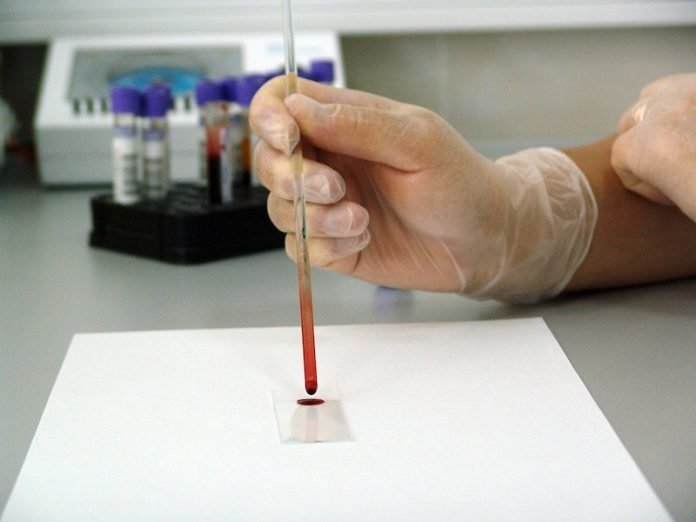
Prostate cancer is the second-leading cause of cancer death for American men. Cancer grows in response to hormones called androgens.
Previous research has shown that anti-androgen therapies are effective in treating prostate cancer.
However, some men who use these treatments are more likely to have deadly treatment-resistant prostate cancer later in life.
This deadly prostate cancer is called neuroendocrine prostate cancer (NEPC). Currently, there is no effective treatment for this disease.
In a new study, researchers from Sanford Burnham Prebys Medical Discovery Institute have found how prostate cancer could transform into aggressive NEPC.
They also found that an FDA-approved drug may hold the potential as an NEPC treatment.
The finding may help develop new therapies to prevent this transformation from occurring.
In the study, the team analyzed tissue samples from men with metastatic NEPC and a new mouse model of NEPC.
They found that two factors contributed to the development of NEPC.
One is the downregulation of a protein called kinase C lambda/iota. The second is that the NEPC cells upregulate the synthesis of a metabolite called serine.
The team also found that the cancer cells used a communication pathway to make the tumor to grow faster.
Their findings also showed that an FDA-approved drug that inhibits epigenetic changes, called decitabine, may hold promise as a treatment for NEPC.
The study is published in Cancer Cell.
Copyright © 2019 Knowridge Science Report. All rights reserved.



